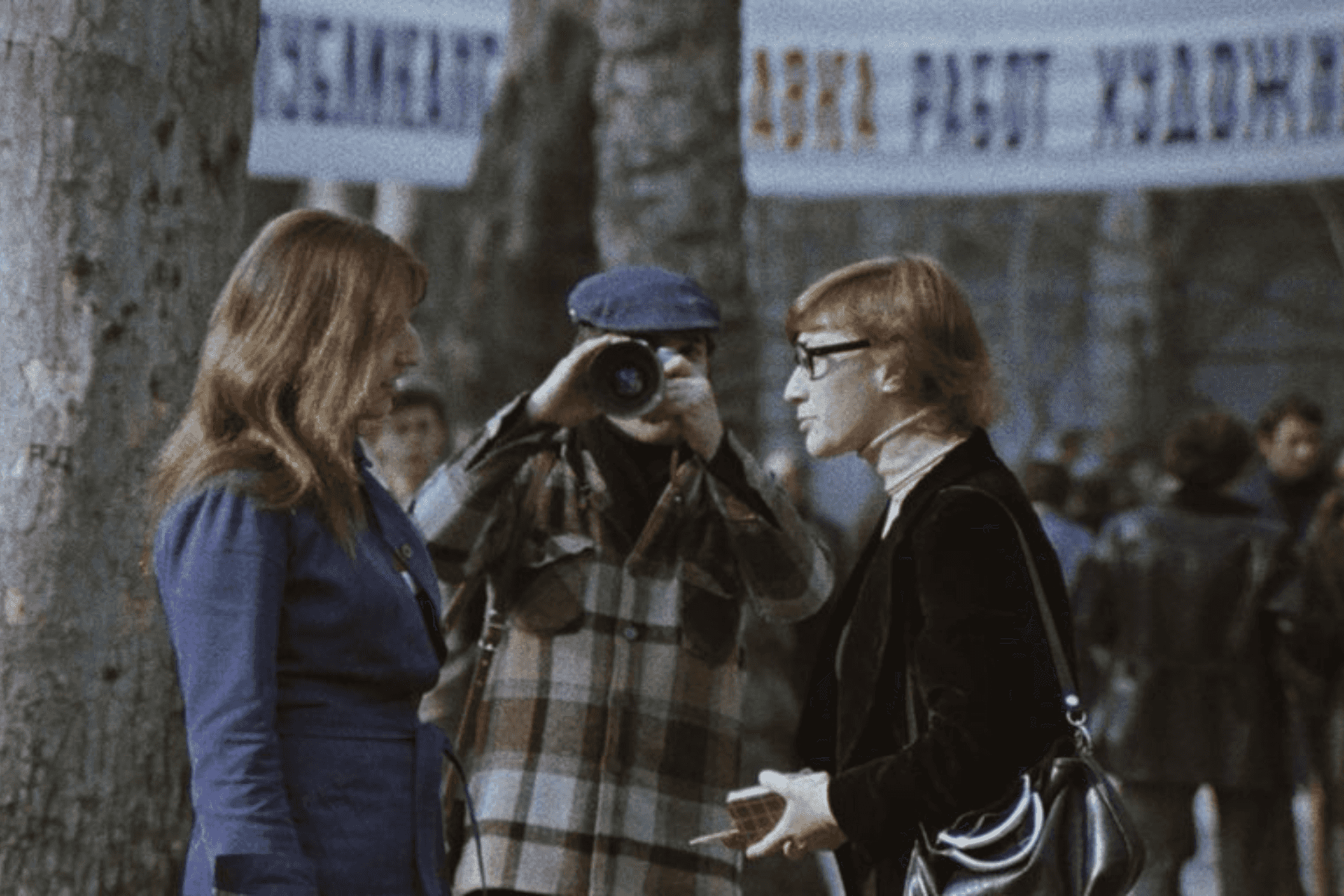
4.5/5 ★
This anthology expertly introduces the work of Georgian writers and poets who operated during the Soviet Union to a new generation of English readers.
As translator Ryan Sherman writes in his introduction to the 2023 anthology May These Ashes Be Light: Georgian Literature from the Soviet Shadow, Caucasian literature, if discussed at all, is often portrayed as ‘literature in conversation with the mighty imperial centre’.
Indeed, the most famous pieces of translated literature, at least in the West, are the novels written by Russian authors and poets in the 19th century — Pushkin’s The Prisoner of the Caucasus or Lermontov’s A Hero of Our Time.
Yet, as Sherman emphasises, ‘literature lies at the core of Georgian national consciousness: as a bulwark against forgetting, a vessel of identity, a channel to ancestors, a portal into myth, and a national voice to proclaim an eternal right to exist’.
The aim of May These Ashes Be Light is to recognise the mastery of Georgian writers and poets, who often go unrecognised in the canon of world literature, particularly the voices who have been forgotten or lost amongst the Soviet repression. The title comes from an allusion to a familiar Georgian funeral benediction — ‘May the earth thrown upon his chest be light’ — which was subverted by poet Davit Tserediani in a dedication to his father and all others who were murdered by the Soviet authorities and left without graves.
The anthology is split into three sections: short stories, poetry, and non-fiction prose. Each author is introduced and placed within the context of the political situation at the time of their writing, as is their work.
One of the most emotional short stories presented comes from Revaz Inanishvili (1926–1991), who saw his father ‘disappeared’ along with many other relatives in 1937. In his short story ‘Lara’, Inanishvili explores what happens when a father returns from the gulag physically and spiritually broken, yet hangs on to his loyalty and faith in the Soviet system. Though only five pages, it is a difficult read, a story that will linger in your mind for days to come.
While only three authors — Inanishvili, Mikheil Javakhishvili, and Zaira Arsenishvili — are presented in the first section, the anthology showcases nine of Georgia’s most famous poets working during the Soviet period.
One poet highlighted throughout the anthology due to his connections with the other literary elite of the time is Paolo Iashvili (1884–1937). Following the disappearances of many of his friends, and seeing his own arrest on the horizon, Iashvili chose to instead commit suicide in the Writers’ Union of Georgia.
His poem ‘The Pigkeeper’s Prayer’ explores his own feelings about working within the Soviet system, and how it left him feeling morally and spiritually bankrupt. He writes that he is ‘with the pigs no forever’, while crying out to God to hear his prayers, and instead make him a sparrow, to ‘keep watch on the walls of a pigsty.
In a more humorous story from the Soviet period, the anthology tells the story of the 1969 poem ‘25 February 1921’ by Kolau Nadiradze (1895–1991), which depicts Tbilisi, frozen, as the Red Army approaches.
A white horse was stepping,
A red flag, approaching,
A bent throat was rising,
As hoof fall by hoof fall,
Sickled death
Came riding!
Despite its clear anti-Soviet rhetoric, the poem was accidentally published in a collection dedicated to the 70th anniversary of the October Revolution, causing quite the scandal.
The last section of the anthology focuses on essays and recollections that delve into the dearth of honest and real literature during the Soviet period, due to the pressures from above.
To this aim, the anthology includes an interview with the descendants of poet Titsian Tabidze (1890-1937), himself not included in the collection; Akaki Bakrade’s essay on ‘The Principle of Party Literature and the Freedom of Creativity’; and Otar Chiladze’s impassioned radio address to a nation mourning the 9 April 1989 massacre.
One of the most interesting inclusions, however, which ends the anthology, are selections from Maro Makashvili’s diary.
Born in 1901, Makashvili came of age in the newly independent Democratic Republic of Georgia. The daughter of the nationalist writer Konstantine (Kote) Makashvili and niece of Revaz Gabishvili, a founder of the National Democratic Party and a signatory of Georgia’s declaration of independence, she was a loyal supporter of Georgia’s independence. On 17 February 1921, with the approach of the Red Army, Maro Makashvili signed up as a Red Cross volunteer — two days later she was killed by mortar shrapnel on the front line.
Her diaries show her to be an active citizen, yet also a fan of flirting at the opera and drinking with friends. In many ways, she is a mirror to the European-leaning youth of today’s Georgia.
By ending with her obituary, the anthology comes full circle back to the beginning of Soviet control over Georgia — repression that would not end until 1991.
Book details: May These Ashes Be Light: Georgian Literature from the Soviet Shadow translated by Ryan Sherman and Maia Tserediani and edited by Alexander Bainbridge and Zviad Kvaratskhelia , Intelekti Publishing, 2023. Buy from the publisher here or from Prospero’s here.
🗞️ Subscribe to the OC Culture Dispatch
For our culturally curious readers: a free, biweekly selection of film, book, and music recommendations from the Caucasus. Our team offers a varied selection of hidden gems, cherished classics, and notable new releases from all over the region, included in our newsletter.









